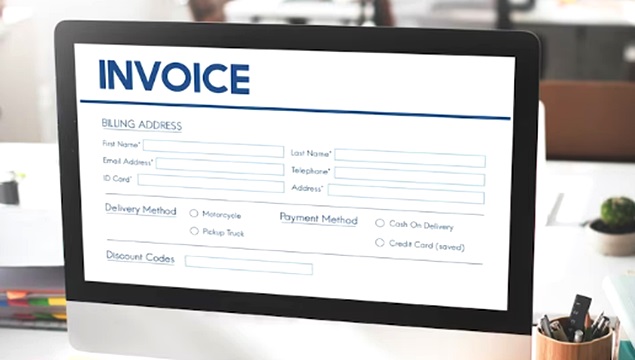1089

Romania will implement the generalized RO e-Invoice system starting from January 1, 2024, for all transactions between companies (taxable persons) established in our country. The system has been operational since 2022 but is currently mandatory only for invoices issued by private companies in their relations with government entities (B2G), for invoices related to goods with fiscal risk, and for travel agencies issuing invoices based on holiday vouchers.
Since January 2022, our country has requested a derogation from the EU VAT legislation to extend the system to all commercial operations. Consequently, the European Commission (EC) has published a proposal granting Romania the derogation to implement electronic invoicing for all types of transactions between Romanian companies. The system remains optional for non-residents.
According to Romanian authorities, the main objectives of implementing the mandatory electronic invoicing system in the B2B (business-to-business) sector are combating fraud and tax evasion, improving collection efficiency, especially in the field of VAT, enhancing the competitiveness of economic operators, and reducing administrative costs for both taxpayers and tax authorities.
This measure is also driven by Romania's consistently high VAT collection deficit in recent years (35.7%, according to the latest report published by the EC for 2022).
Furthermore, the mandatory introduction of electronic invoicing is one of the measures included in the national recovery and resilience plan. According to Romania, this measure will reduce the VAT collection deficit by at least five percentage points by the second quarter of 2026 compared to 2019.
The introduction of mandatory electronic invoicing will lead to an increase in VAT and direct tax collection by at least 7.6 billion lei (approximately 1.5 billion euros).
The derogation measure will be applicable from January 1, 2024, until December 31, 2026, with the possibility of extension based on a new substantiated request from Romania. However, in order to do so, Romania will need to submit to the Commission an evaluation report on the effectiveness of the national measures adopted to combat VAT fraud and tax evasion, as well as to simplify tax collection.
On the other hand, if the EU VAT legislation is modified in accordance with the recent proposals included in the European Commission's initiative called "VAT in the Digital Era," the derogation will become obsolete.
In conclusion, taxpayers need to prepare for the implementation of the RO e-Invoice system starting from January 1, 2024, as the approval of the Commission's proposal by the EU Council is currently a formality. Companies will need to implement their electronic invoicing processes, adapt and implement new IT applications for processing and transmitting invoices in the format required by the National Agency for Fiscal Administration (ANAF).
In this regard, it is necessary to identify the most suitable IT solutions for their business model as soon as possible. These processes will inevitably require investments from taxpayers, but the changes will eventually allow for the elimination of many tax declarations and formalities, simplifying the tax burden for everyone.
Opinion piece by Adrian Teampău, Director, and Radu Todiraș, Manager, Indirect Tax, Deloitte Romania.





